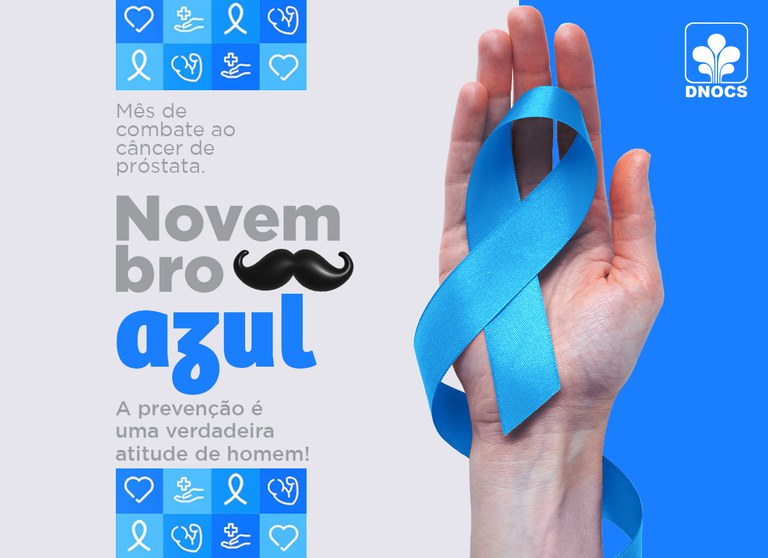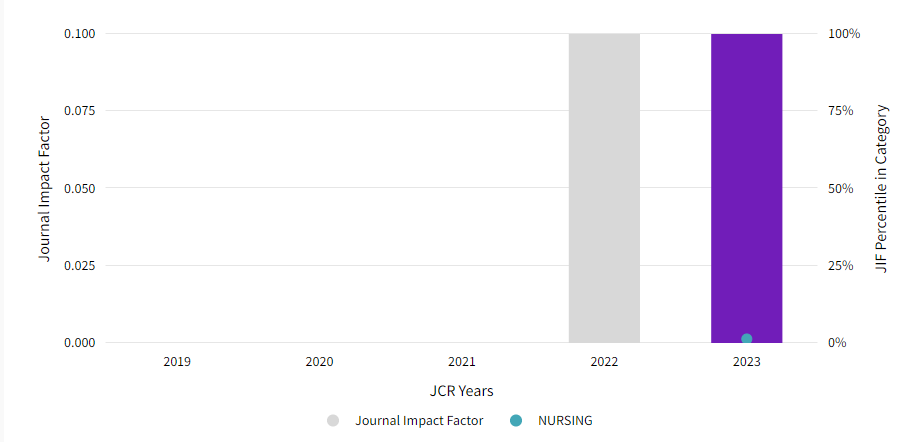The nurses’ construction process: ethnographic approach / O processo de construção do enfermeiro: abordagem etnográfica
DOI:
https://doi.org/10.9789/2175-5361.rpcfo.v13.6948Keywords:
enfermagem, liderança, éticaAbstract
Objetivo: compreender o processo de construção do enfermeiro líder na perspectiva da etnoenfermagem. Método: Pesquisa qualitativa baseada nos pressupostos da etnoenfermagem, sendo desenvolvida em um hospital filantrópico no extremo sul do país, em um setor clínico assistencial com 22 profissionais da equipe de enfermagem. A coleta de dados foi realizada de julho a novembro de 2015 em nove fases da etnoenfermagem. Análise dos dados foi feita de forma simultânea e concomitante as fases de observação, conforme preconizado pela metodologia da etnoenfermagem. Resultados: emergiram três categorias que caracterizam a construção do enfermeiro líder, sendo elas a advocacia em saúde, relações interpessoais e exercício da autonomia. Conclusão: a compreensão do processo de construção do enfermeiro líder constitui-se um elemento importante no exercício da profissão, pois garante a valorização profissional e reconhecimento do enfermeiro como gestor do cuidado, ampliado a qualidade dos serviços através das ações promovidas pela liderança da equipe.
Downloads
References
Amestoy SC, Cestari ME, Thofehrn MB, Milbrath VM, Trindade L de L, Backes VMS. Processo de formação de enfermeiros líderes. Rev bras enferm 2010 ;63(3):940-5. Available from: http://www.scielo.br/scielo.php?script=sci_arttext&pid=S0034-71672010000600011.
Pereira L, Primo LS, Tomaschewski-Barlem JG, Barlem ELD, Ramos AM, Hirsh CD. Nursing and leadership: perceptions of nurse managers from a hospital in southern Brazil. J res fundam care. 2015; 7(1):1875-82. Available from: http://www.seer.unirio.br/index.php/cuidadofundamental/article/view/3545.
Silva CMC, Peixoto RR, Batista J M R. A influência da liderança na motivação da equipe. Rev Eletro Novo Enfoque. 2011;13(13): 195-206. Available from: https://www.scribd.com/document/172592012/A-INFLUENCIA-DA-LIDERANCA-NA-MOTIVACAO-DA-EQUIPE.
Malloy T, Penprase B. Nursing leadership style and psychosocial work environment. J Nurs Manag. 2010; 18(6):715–25. Available from: https://www.ncbi.nlm.nih.gov/pubmed/20840366.
Zampieron A, Spanio D, Bernardi P, Milan R Buja, A. Nurse managers preferred and perceived leadership styles: a study at an Italian hospital. J Nurs Manag. 2013; 21(3): 521–28. Available from: https://www.ncbi.nlm.nih.gov/pubmed/23405910.
Markaroff K, Storch J, Pauly B, Newton L. Searching for ethical leadership in nursing. Nurs Ethics. 2014; 21(6):642-58. Available from: https://www.ncbi.nlm.nih.gov/pubmed/24418739.
Resolução CNE/CES nº. 3, de 7/11/2001. Institui Diretrizes curriculares nacionais do curso de graduação em enfermagem. Diário Oficial da união. 2001. Available from http://www.Portalmec.gov.br
Leininger M. Ethnomethods: the philosophic and epistemic bases to explicate transcultural nursing. J Transcult Nurs. 1990. Available from: https://www.ncbi.nlm.nih.gov/pubmed/2363862
Maboko D.R. Nursing leadership in an academic hospital in Gauteng. J Nurs Manag 2011 ;20(7):912–20. Available from: https://www.ncbi.nlm.nih.gov/pubmed/23050624
Ángel-Jiménez G.M; Lopera-Arrubla C.P. Relevance y level of application of management competencies in nursing. Invest Educ Enferm. 2013; 31(1):8-19. Available from: http://bases.bireme.br/cgi-bin/wxislind.exe/iah/online/?IsisScript=iah/iah.xis&src=google&base=LILACS&lang=p&nextAction=lnk&exprSearch=673516&indexSearch=ID.
Salanova M, Lorente M L, Chambel M J, Martinez IM. Linking transformational leadership to nurses’ extra-role performance: the mediating role of self-efficacy and work engagement. J Advan Nurs. 2011; 67(10):2256-66. Available from: https://www.ncbi.nlm.nih.gov/pubmed/21535088.
Souza LSG, Souza LC, Leandro JJ. O papel do gestor de RH no desenvolvimento de Lideranças.Rev. Cognitio. 2013; 1. Available from: http://revista.unilins.edu.br/index.php/cognitio/article/view/11/13.
Hanks R G. The medical-surgical nurse perspective of advocate role. Nurs. Forum. 2010 45(2):97-107. Available from: https://www.ncbi.nlm.nih.gov/pubmed/20536758.
Cole, C.; Wellard, S.; Mummery, J. Problematising autonomy and advocacy in nursing. Nurs Ethics. 2014; 21(5):576-82. Available from: https://www.ncbi.nlm.nih.gov/pubmed/24399831.
Tomaschewski-Barlem JG. et al. Cross-cultural adaptation and validation of the Protective Nursing Advocacy Scale for Brazilian nurses. Rev Latino-Am Enfermagem. 2015; 23(4): 669-76. Available from: http://www.scielo.br/scielo.php?script=sci_arttext&pid=S0104-11692015000400669.
Salvador PTCO, Alves KYA, Martins CCF, Santos VEP, Tourinho FSV. Reasons for empowerment in nursing: reflections in light of Alfred Schutz. Rev Min Enferm. 2013:17(4). 2013; 17(4): 1014-19. Available from: http://pesquisa.bvs.br/brasil/resource/pt/lil-711437.
Akerjordet K, Severinsson E. The state of the science of emotional intelligence related to nursing leadership: an integrative review. J Nurs Manag. 2010; 18(4):363-82. Available from: https://www.ncbi.nlm.nih.gov/pubmed/20609041.
Published
Versions
- 2021-06-07 (3)
- 2021-06-01 (2)
- 2021-05-13 (1)
How to Cite
Issue
Section
License
Copyright (c) 2021 JRFCO

This work is licensed under a Creative Commons Attribution-NonCommercial-NoDerivatives 4.0 International License.
TRANSFER AGREEMENT COPYRIGHT I transfer copyright of the article to the Journal of Care Survey is Fundamental - Online - RPCF, so it is accepted due to electronic publishing. The copyright includes the right to reproduce in whole or in part by any means, distributing that article, including figures, photographs, and any translations. The author can also print and distribute copies of your article, stating that since the rights belong to RPCF. I declare that this manuscript is original and has not been submitted for publication, in whole or in part to other online journals or not, so BMMC in the Annals of scientific events or book chapters.




























